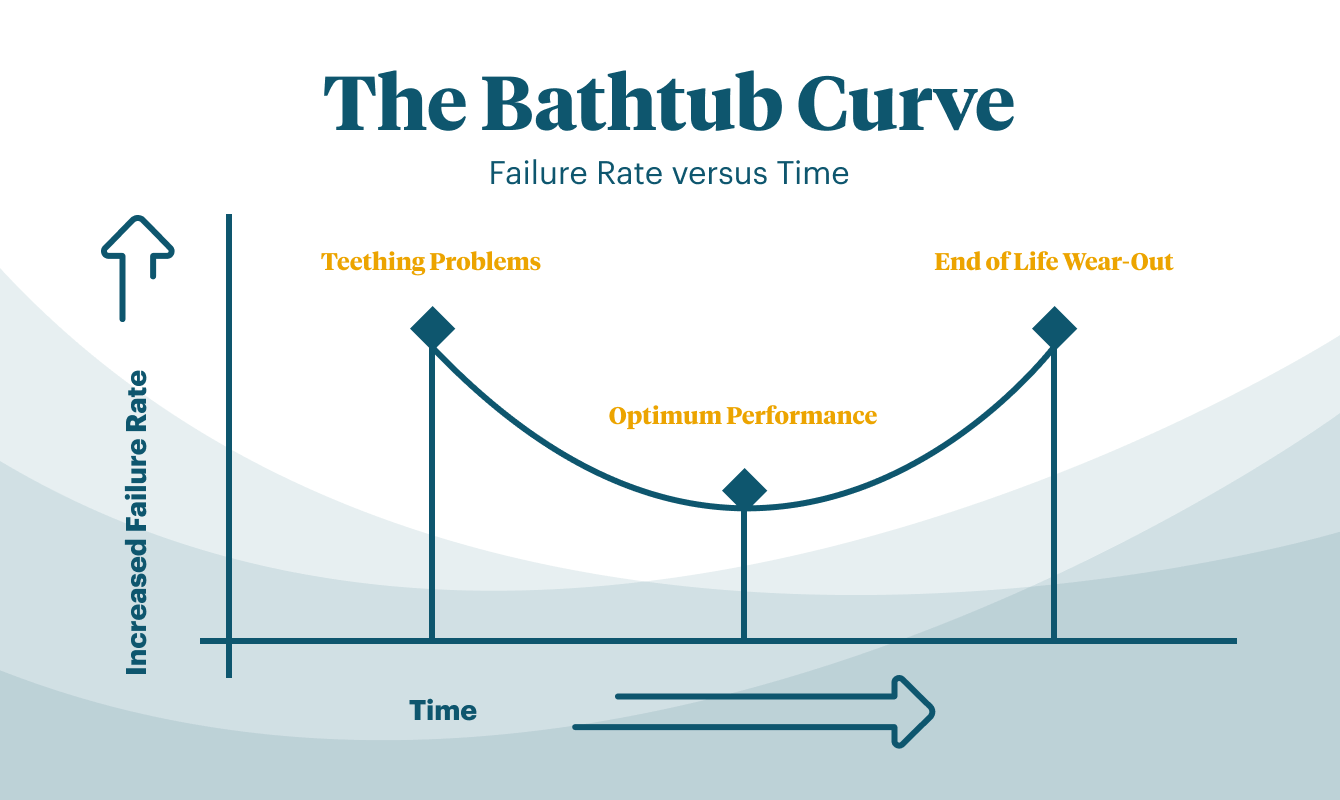
Whether you’re a new chain or an established brand, you’ve no doubt had to weigh a custom, from-scratch booking engine vs a ready-made solution (sometimes called “off the shelf”).
NB: This is an article from Up Hotel Agency
We’ve worked on a lot of custom booking engines, along with third-party products, and even have a ready-made engine of our own. But how can you, a busy hotelier, evaluate which path is correct? Let’s walk through a balanced summary for and against each option, based on many years of real-world experience working with both.
Custom Booking Engine?
The ultimate in flexibility, but is it too good to be true? Consider the points for and against.
Custom: For
Full control over featureset. If you genuinely have a groundbreaking concept that has never been done before, you can make this concept a reality by embarking on a custom development project.
This may include some specialist areas like year-long student accommodation.
It could also include complex disparate systems that need to be merged together.
For example: a hotel chain wants to offer highly coupled broadway tickets and tours alongside a hotel reservation and intelligently tailors suggestions to available stay-dates.
Complete control over all aspects of the look and feel of the booking engine:
- the order steps happen in (“rates first then rooms? Or rooms then rates?”)
- the order elements appear in (“order summary needs to go on the left!”)
- the creative look and feel of the booking engine (“we absolutely MUST have a giraffe icon in the address and payment fields”)
Custom: Against
High upfront costs are typical for a custom booking engine. Depending on your requirements costs could be €100,000 or €1,000,000,000. There’s no such thing as a realistic ballpark when it comes to custom software development.
Maybe you’ve found an agency who will agree to cobble together a system for €6,000 and a night in your Junior Suite. But have they thought about all concerns around the project? There’s a lot more to running a long-term Booking Engine project than bashing out 10,000 lines of code then sitting back with your feet up.
How will they ensure the system can still be extended in 3 years? Will that agency still even be around? What about security concerns? PCI compliance?
“I’m a good negotiator. If they’ve agreed to complete a project for this amount, I’ll make sure they deliver it,” you might think.
True, you might end up with a product on launch day which can just about take a booking. But if you’ve pushed back on requests to re-scope or re-evaluate the project pricing then it’s a pretty sure-fire guarantee the agency team will try to find other ways to reclaim costs. This could result in rushing through poorly tested changes or sloppily implementing features in a way that makes extension and high reliability in the future difficult.
High ongoing costs tend to be inevitable with a custom web software project. There’s no economy of scale: everything is dedicated just to you. This means the full cost of any development, infrastructure or hosting changes will land in your lap. Running a software project long-term requires a lot of work:
- Servers get out of date and need upgrading, both hardware and software.
- Maybe you started out as a 3-hotel chain but have plans for rapid expansion. Can your agency support you on this journey? Even if they can, could this mean totally restructuring the IT infrastructure around your project? Someone will have to pay for the significant cost of modelling and implementing this.
- Your booking engine will connect to several systems: PMS, CRM, email services and so on. At some point, one or all of these will change the way they interact with third parties. Someone will need to plan, implement, test and release these changes, maybe at short notice, which will cost money and introduce unpredictable risk.
- Custom web projects are built on top of programming languages, libraries and frameworks. These will require regular security updates. If your agency isn’t charging you for this, you can be pretty sure updates aren’t being done. This leaves your brand open to reputation-destroying hacks and security breaches. Not to mention potentially extremely costly GDPR violations.
An early high failure rate is more likely with a new, from-scratch custom product. A field-tested product may have had many hotels and many hundreds of thousands of existing transactions. In that time an awful lot of weird edge-cases and bugs will have been discovered and fixed. Your custom project will have undergone none of this battle-testing. Your product is at the start of the bathtub curve (see image). During this time you will experience frustrated guests, increased admin around ensuring all bookings have completed successfully, along with calls and lengthy email threads with your agency trying to get to the bottom of weird unexpected problems.

Unable to evaluate if custom is the right choice without significant investment. Some ready-made product vendors may offer free trials or money-back guarantees. This will not be possible with a custom development that takes a lot of man hours to plan, design and development.
A slower time to market is more likely with a number of projects spending an unexpectedly long time in the planning, design or API implementation stages.
Ready-made Booking Engine?
What about a ready-made solution? Is the perceived lack of flexibility worth the trade-offs for reliability and predictability?
Ready-made: For
Heavily reduced costs subsided by a larger user base. As the costs of infrastructure, development and maintenance will be spread through a much larger user base, the cost will be too.
High reliability from being in the middle of the product life cycle. By the time you’ve arrived on the scene, the worst of the problems and edge cases have already been solved.
Strength in numbers: If you and other hoteliers suggest a feature that could be helpful to many hotels, then there’s an incentive from the vendor to implement them for free. They can use this feature to keep existing customers and win over new ones. Additionally, if something goes down, then hundreds of hotels could be in the same boat. A structure with hundreds of hotels facing a critical problem will likely respond faster than one dealing with a few dozen properties.
Low-risk trials mean that you can just try it and see. Some vendors offer free trial periods or guarantees that make it a very low risk option to add the booking engine to your hotel’s site and see how it converts. It may even be possible to A/B test a new booking engine against your current one.
Ready-made: Against
Less autocratic control due to this being a product that needs to work for multiple hotel chains. A good vendor will have tried and researched many alternative tactics, incrementally improving their product over the years. This means they will be unwilling to make changes that are useful only to your specific hotel or chain.
Not all ready-made engines support the same features. For example, if you need to take payment via PayPal, ApplePay, or iDEAL, then you will need to shop around to find a vendor that can do this. It’s not uncommon, but it’s far from universal.
Still need to evaluate competing solutions. You won’t get a total free pass on decision making. Although it will likely be an order-of-magnitude less time than planning a custom booking engine, you still have to talk to, compare, and evaluate competing solutions.
Contractual tie-ins may be required by some vendors. Avoid these where possible. Good vendors should be able to keep you on board with quality technology and services, not force you to stay with the threat of high exit fees or legal action.
It’s necessary to evaluate how customisable their designs are. If you’re a design hotel and the way things look is critical for your brand, it’s essential to find out how far the look and feel of the booking engine can be tailored.
Ugly or old-fashioned interfaces seem to pervade some of the larger and older hospitality technology offerings. Always get a demo to check the provider is offering a vibrant, elegant and accessible user journey.
Conclusion
The trade off is between how much flexibility your hotel or chain really needs against your brand’s appetite for cost and risk. The idea of steering the creation of a new product can be seductive, but ultimately the best results will come from realistically evaluating your chain’s needs and picking the best solution that matches your requirements.



